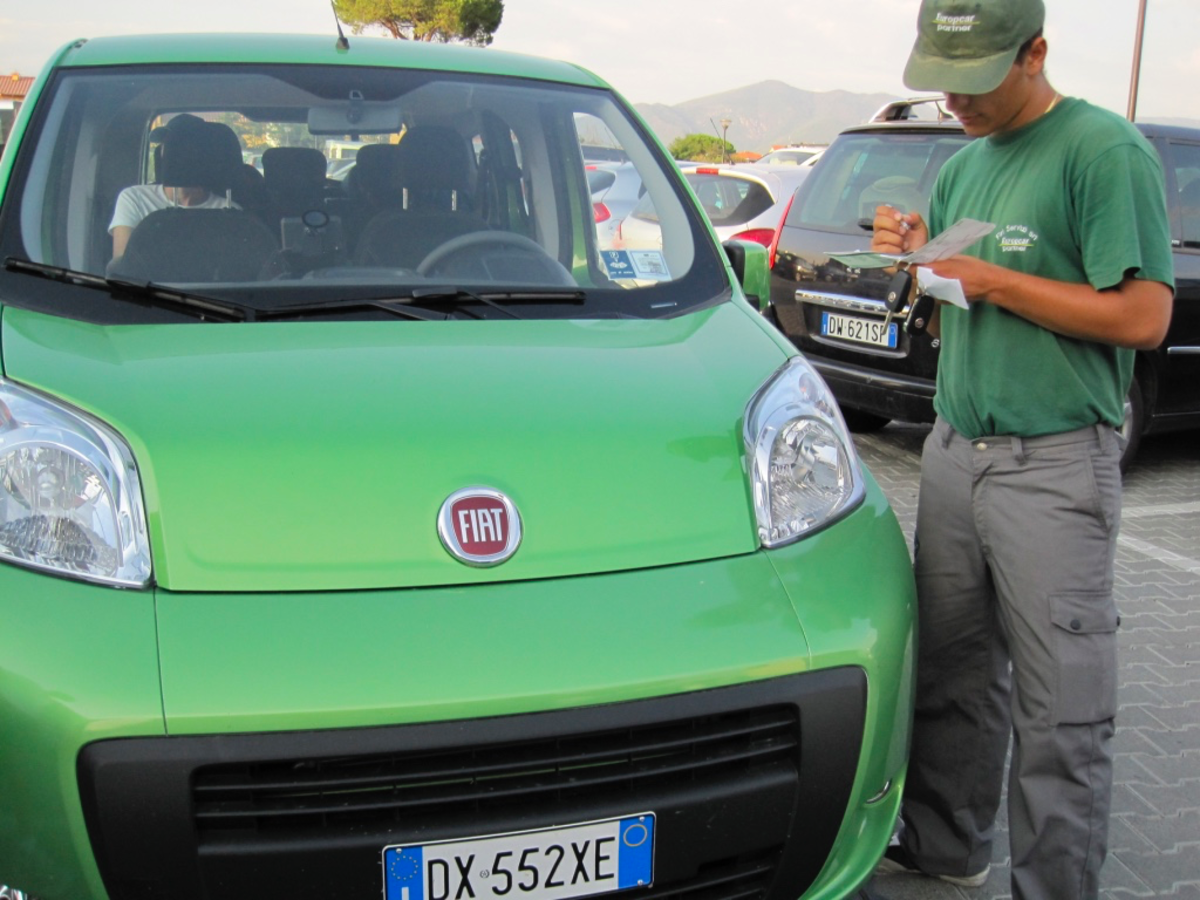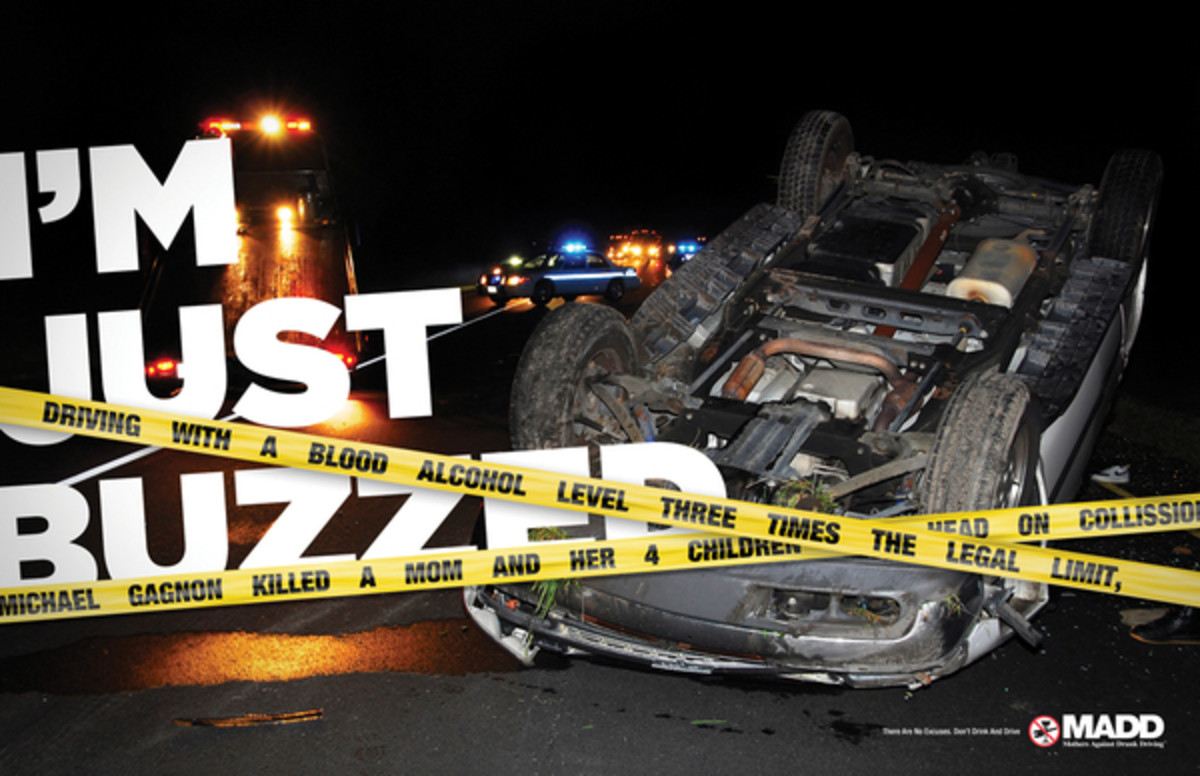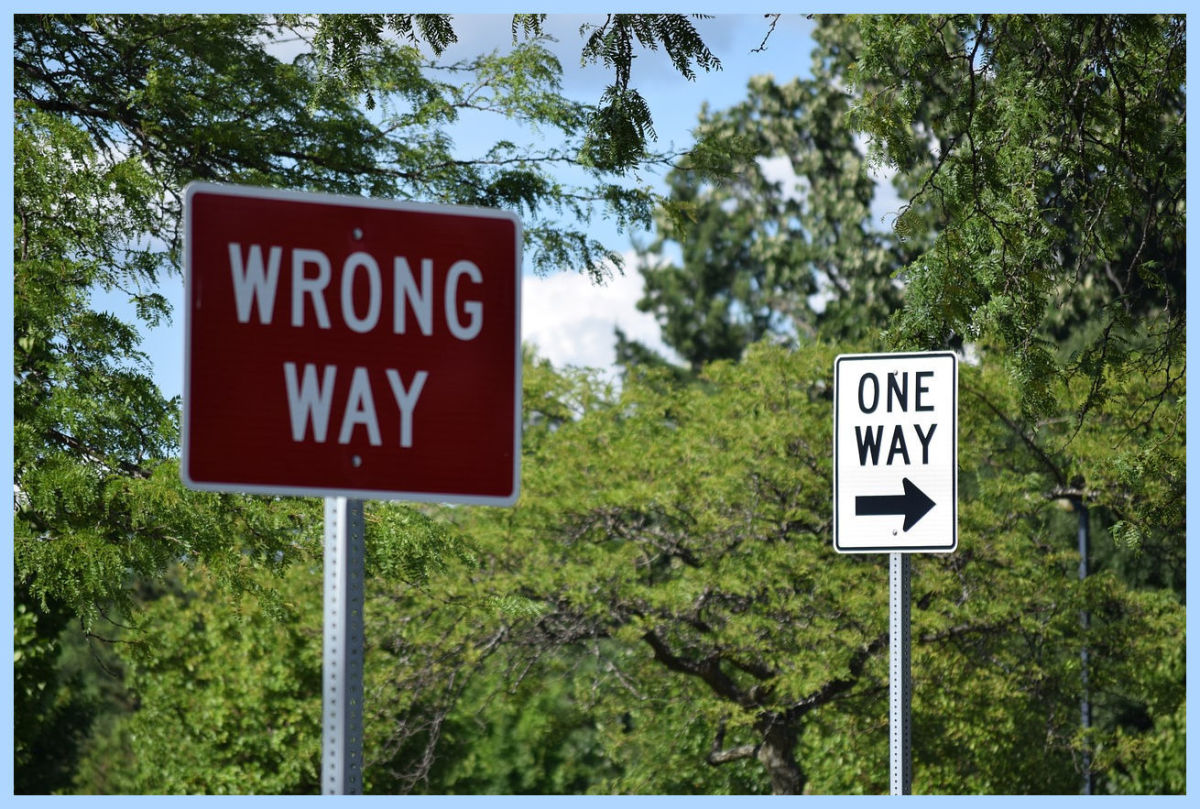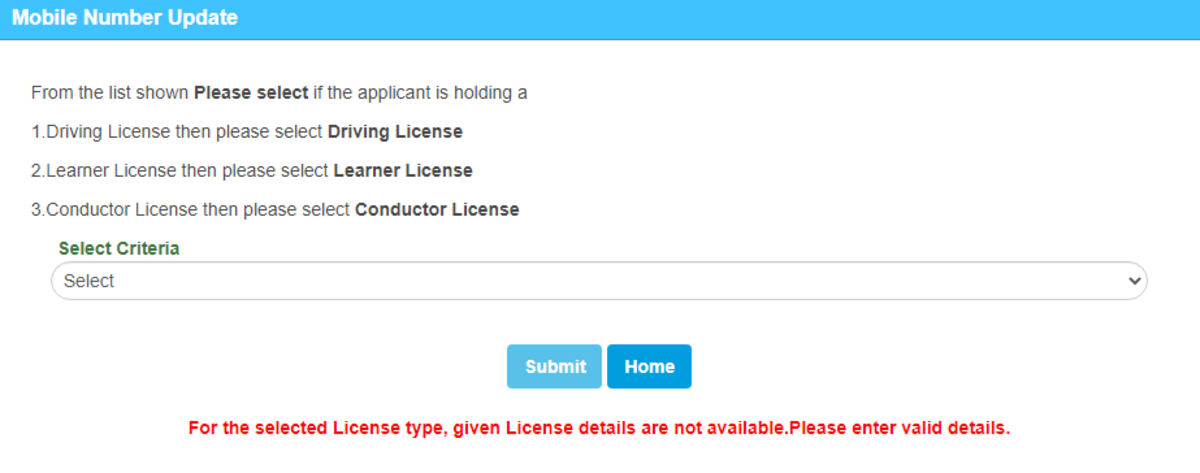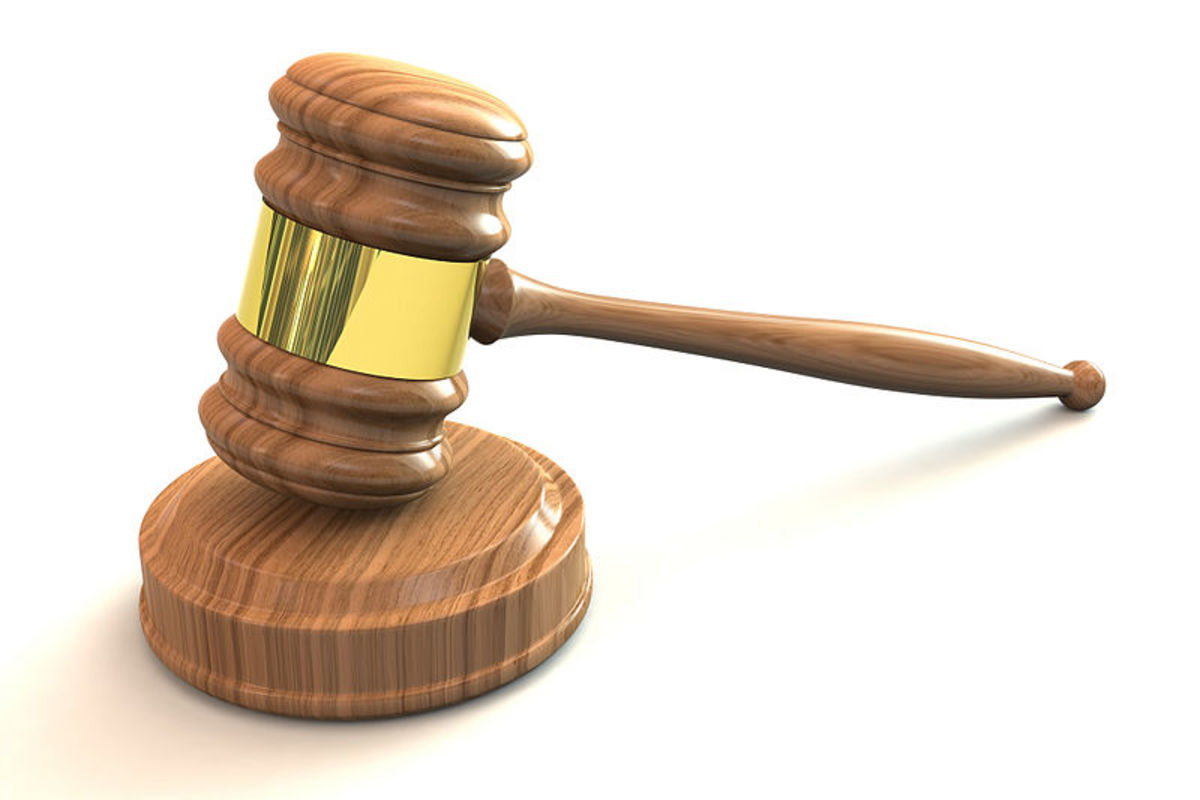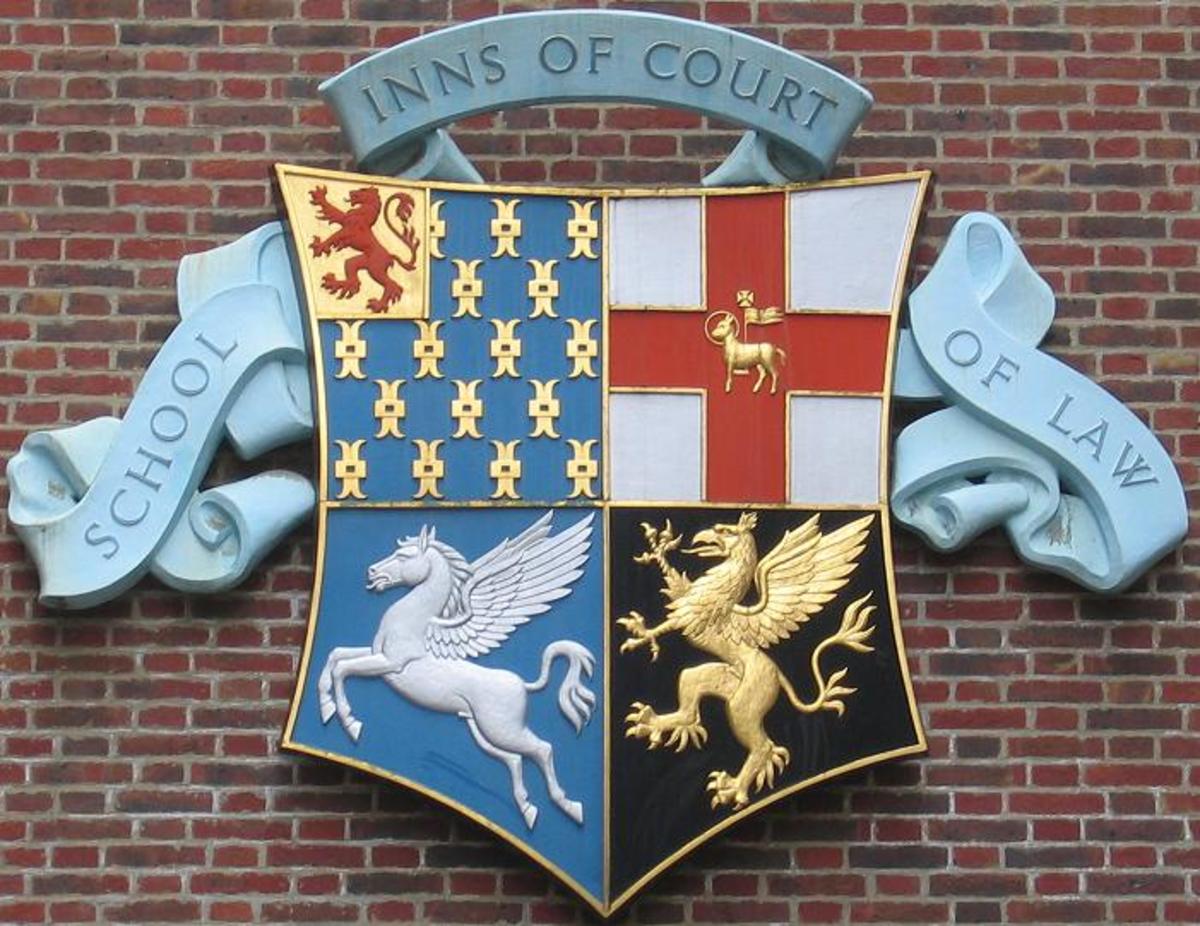California DUI Laws for 2013
Introduction
The National Motorists Association says that drunk driving accounts for 10% of all fatal traffic accidents. According to California’s DMV, lowering the level of DUI impairment to 0.08% blood alcohol content has reduced the incidence of accidents. Patrice Rogers credits a 8-15% drop in “had been drinking” accidents due to the stricter DUI definition. California’s DUI laws have only been getting stricter in the name of public safety, with several cities mandating a breathalyzer in the ignition after the first offense.
California Laws on Testing for DUI
California driver's licenses have an implied consent to blood, urine and breath tests for alcohol when someone is pulled over on suspicion of DUI. California law says that if you refuse to take a test for alcohol in any form, your implied consent is suspended. The California DMV then suspends your license, though the officer doing the check is the one to physically take it away.
California allows drivers to request an administrative hearing within ten working days of suspension of the driver's license. However, the court will re-impose the driver's license suspension if the person is found guilty of driving under the influence. The courts do not require obvious signs of reckless or dangerous driving such as driving erratically or hitting something to issue a DUI verdict. Refusal to submit for testing is a crime under section 23557, but only if the person is later convicted of DUI. Refusing the blood alcohol test and later being found not guilty by a judge prevents penalties from being levied.
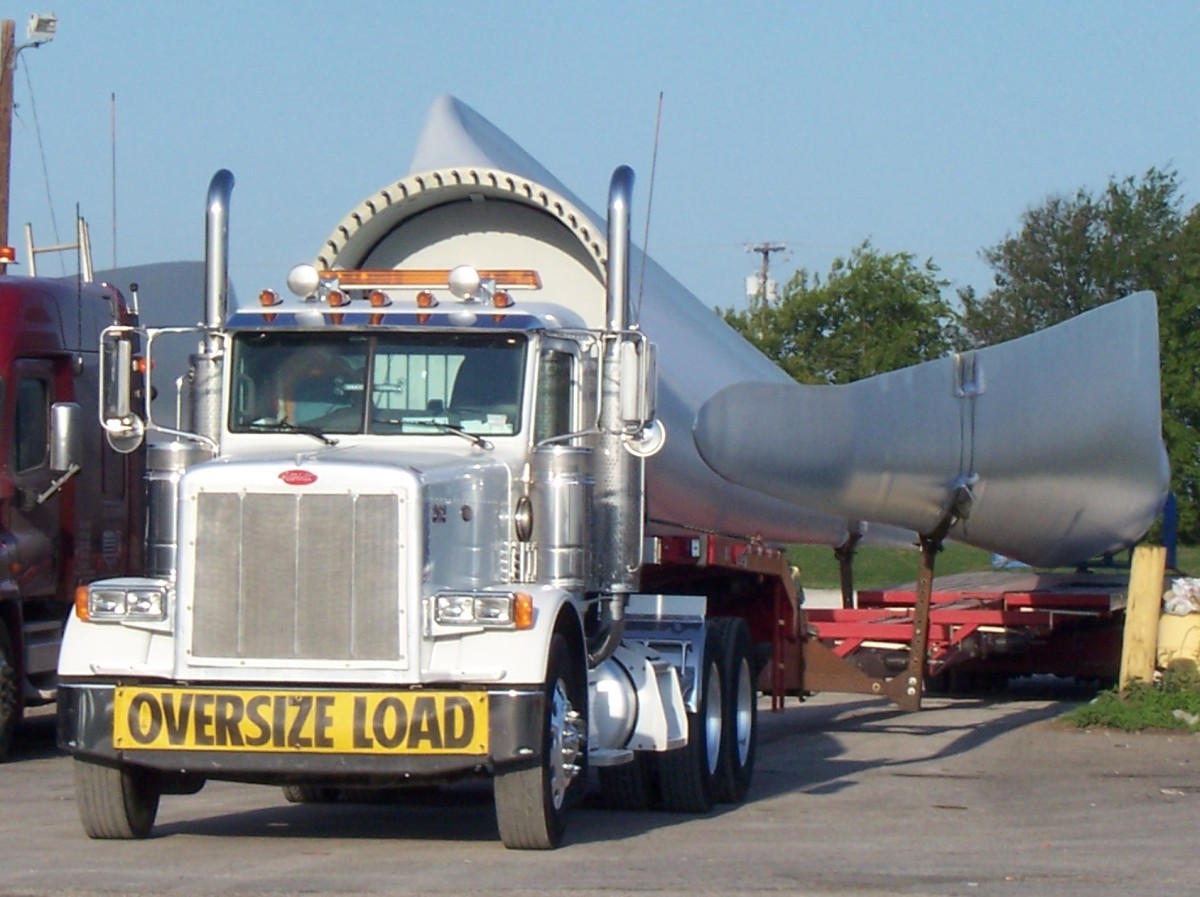
California’s Blood Alcohol Content Limits
When implied consent is suspended, drivers face greater fines if they are found to have a 0.08% blood alcohol concentration or BAC if they have the typical driver's license. However the limit for commercial drivers is 0.04%.
If you are below the age of 21 or already on probation for a prior DUI offense, the BAC limit or blood alcohol content limit is 0.02%. This creates a hazard for those taking cold medication containing alcohol, because California DUI laws don't differentiate between the BAC due to legal drugs and drunkenness. Drivers can receive a DUID conviction even if they are taking prescription medications or OTC medications containing alcohol.
California DUI Laws as of 2013
California DUI laws 2013 and later allow drivers to face charges under Sections 23152(a) and 23152(b) even if they were pulled over one time. Section 23152(a), DUI With Bodily Injury, requires proof of mental or physical impairment. Section 23152(b), Driving Under the Influence (DUI) “Per Se”, simply requires the BAC limit to be reached to convict.
Driving Under the Influence (DUI) With Special Circumstances, Section 23152(c), applies to anyone driving while under the influence of any drug. This statute may be invoked if someone is pulled over for suspected DUI but found to be under the influence of sleep aids or antidepressants.
Repeat DUI Offenses
The California DUI laws require all repeat offenders in Los Angeles and surrounding counties to have ignition interlocks put into their vehicles. New first time DUI offenders must also get ignition interlock devices. Those who complete their DUI suspensions must complete a DUI course that takes up to nine months and pay for an ignition interlock device.
DUI as a Habitual Traffic Offender, Section 23550, makes those with three or more DUI convictions in ten years guilty of a felony. However, prosecutors can choose to prosecute the DUI case as a misdemeanor, though the driver's license is revoked for at least three years.
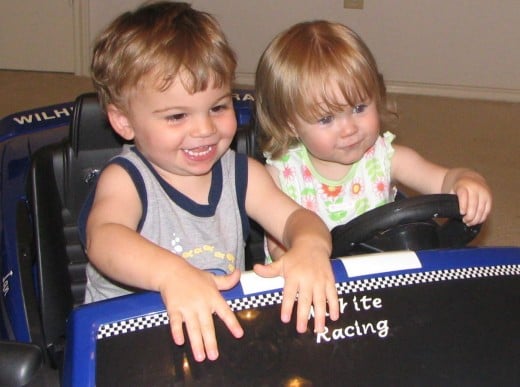
Minors with DUI in California
Minors with a BAC over 0.01% are arrested in addition to having the driver's license immediately confiscated. Temporary and regular driver's licenses are suspended for at least a year. It may be suspended for an even longer period, depending on the BAC and other offenses.
Anyone under the age of 21 can be prosecuted for DUI under Sections 23152 or 23153, in addition to the DUI offenses in Sections 23126 and 23140. Minors are also penalized if there is alcohol in the vehicle, unless there is a parent also present.


